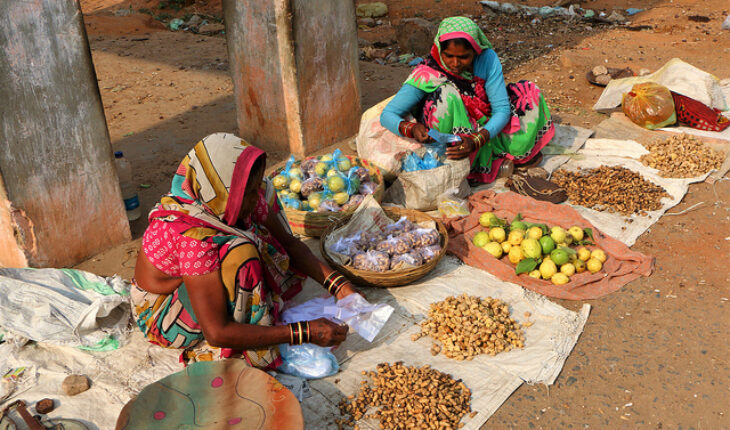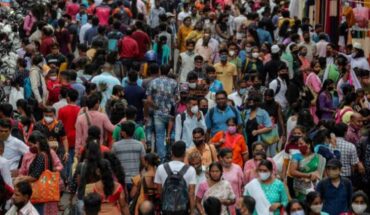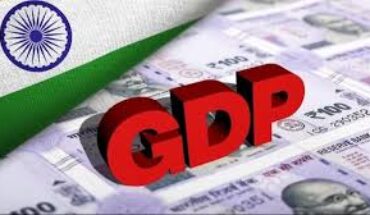The latest retail inflation data from the National Statistical Office is a sobering reminder that accelerating price gains still remain the single biggest challenge to policymakers as they try to steer Asia’s third-largest economy to a more durable recovery from the pandemic-induced slump. Inflation based on the Consumer Price Index (CPI) quickened in August to a provisional 7%, from 6.7% in July, as the pace of gains in food prices as measured by the Consumer Food Price Index accelerated by a sizeable 93 basis points to 7.62%, from July’s 6.69%. And rural consumers bore a disproportionately higher burden: with month-on-month changes in both food prices and overall inflation appreciably greater at 0.88% and 0.57% respectively, compared with the 0.50% and 0.46% rates of urban inflation. Of particular concern is that inflation in the prices of cereals — staple grains in every household — surged to 9.57% from the preceding month’s 6.9% rate. Month-on-month the pace was a disconcerting 2.4%. The Finance Ministry has asserted that the increase in headline inflation was “moderate”, even as it sought to downplay the significance of food price pressures by terming food and fuel prices as “transient components”. It also pointed to the steps by the Government to cool prices. And it cited oils and fats and pulses as two items where prices had begun to ease in response to the Centre’s steps. However, the prices of pulses and products quickened by 1.7% month-on-month. Services categories including housing, health, education, recreation and personal care too witnessed sequential increases in price gains. The challenge going forward would be for providers to tread carefully so as not to yet again depress consumption by raising prices too quickly. Policymakers would do well to heed the dictum of a former RBI Governor, who never tired of reiterating that ‘containing the build up of price pressures is the best anti-poverty programme’ as the poor ‘have no hedge against inflation’.
Weaker sections have no hedge against inflation
Published Date: 17-09-2022 | 10:58 am





